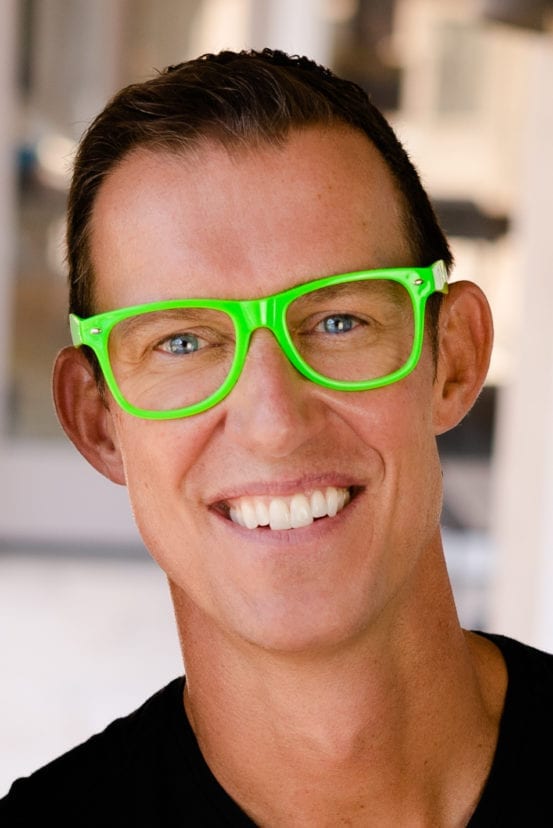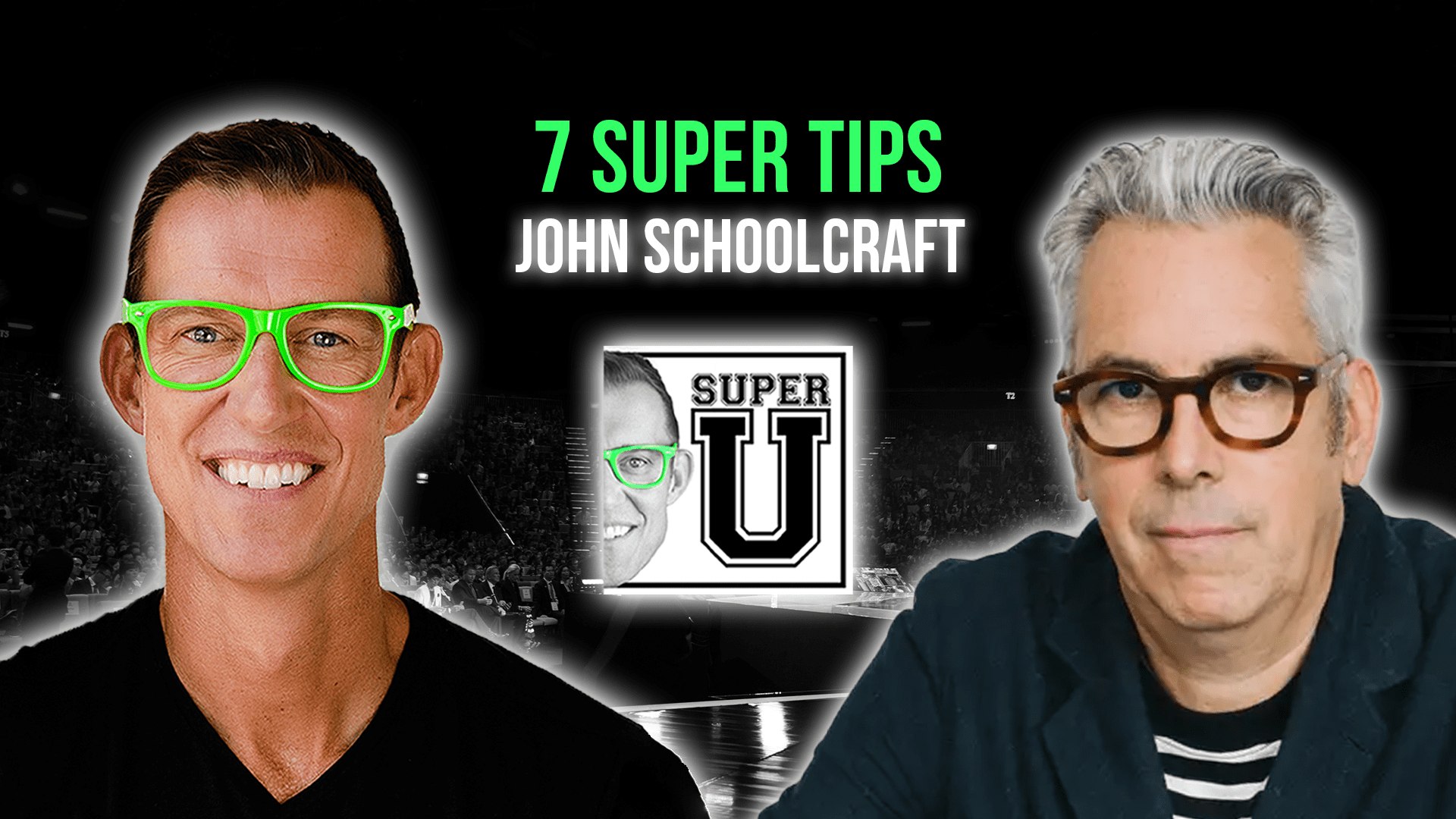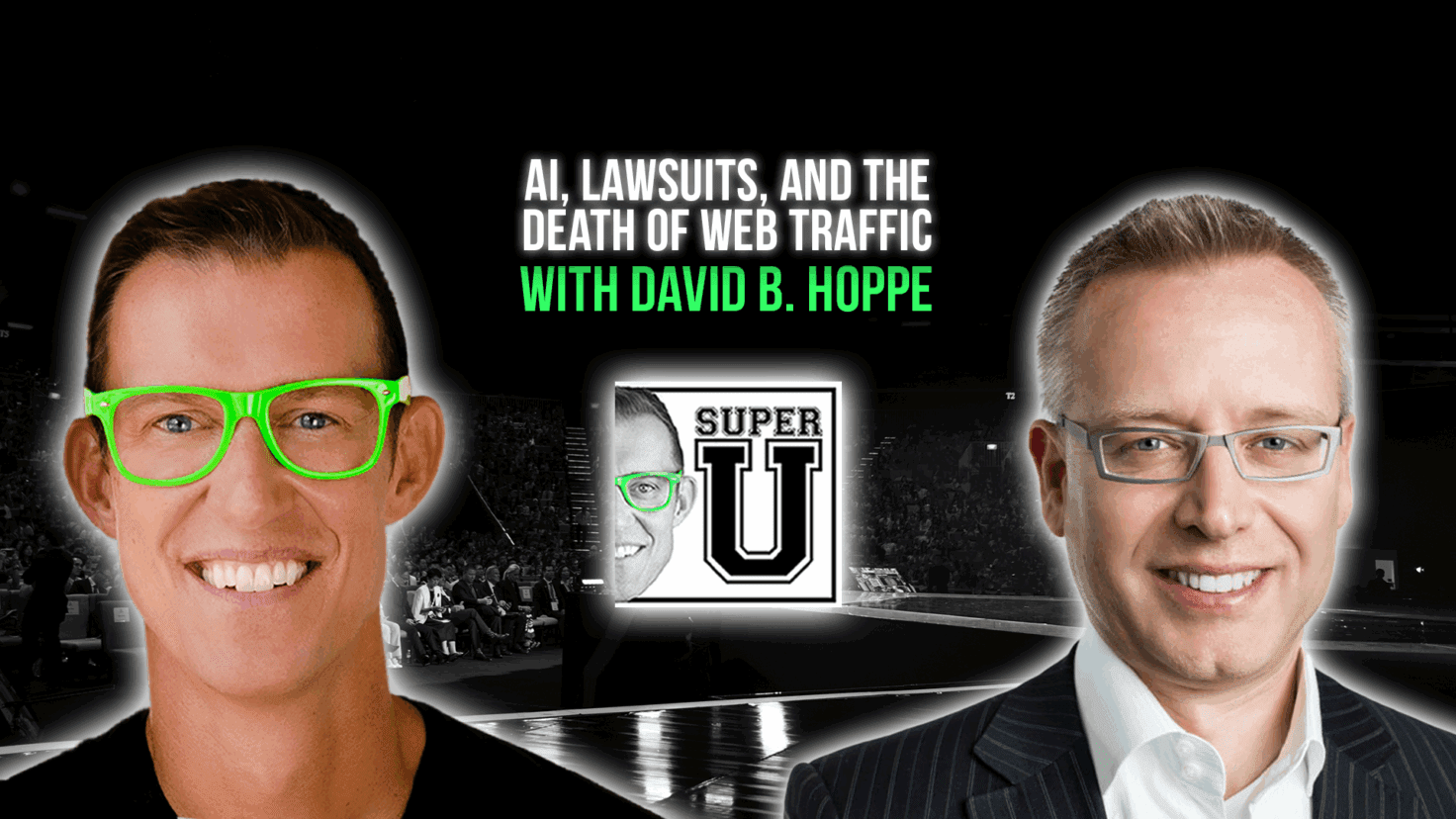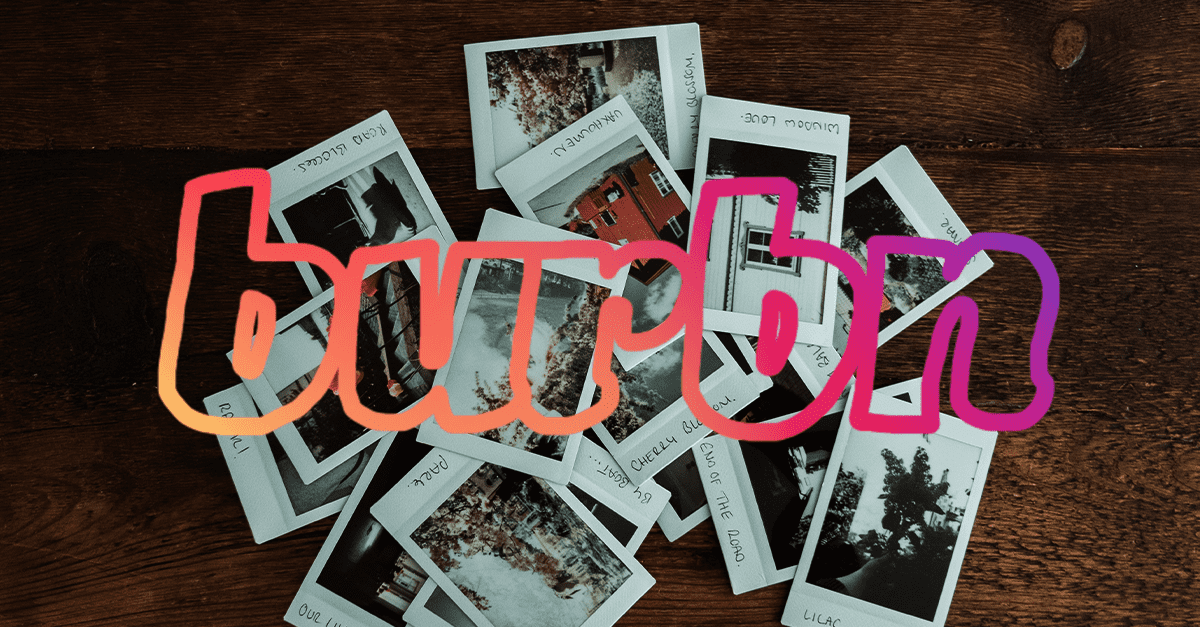Building a Successful Brand with John Schoolcraft
On today’s episode, Erik sits down with Chief Creative Officer at Oatly, John Schoolcraft. In 2012, together with CEO Toni Petersson, John began to turn a 30-year-old maker of oat drinks, Oatly, into a global movement focused on the development of a more sustainable, plant-based lifestyle. By eliminating the marketing department and replacing it with the Oatly Department of Mind Control, his team of creatives has created a voice that often questions the role of companies and brands and has become instantly recognizable for its consistently inconsistent approach to encouraging people to take small steps in order to upgrade their lives and the sustainability of the planet.
5x #1 Bestselling Author and Motivational Speaker Erik Qualman has performed in over 55 countries and reached over 50 million people this past decade. He was voted the 2nd Most Likable Author in the World behind Harry Potter’s J.K. Rowling.
Need a sneak peek? Below are the main takeaways from the episode.
Building a Successful Brand with John Schoolcraft
Tip #1
“So in 2012, Tony, who’s my friend who’s the CEO, got the job as the CEO, and he called me up and said, I got this job as a CEO of an oat milk company. Can we do something with it? And I’m like, oat milk. What? Listen, you’re on your own on that one. That sounds disgusting. I’m really happy for you that you’re now a CEO. Good career move and everything but sorry, Tony. Yeah, no, it was just like, I don’t know this sounds like a tough one, you know, from a marketing, you know, advertising perspective, like how are you actually going to make that interesting? So, and I think the original thing was, the story actually was I figured, like, I really hate marketing departments because I think they ruined all my best work. So I told him, Okay, if we can get rid of the marketing department, I’ll do it. But besides, besides that, our level was like, what happens if we get rid of the yields like we took it down that far? And when we started to work with it, we realized like, this isn’t an oatmeal company, this is a sustainability company. This company is a vehicle actually to create change, like to create to inspire people to make small changes in their lives, that will impact them positively. And even more importantly, maybe the planet.”
Tip #2
“Everyone kind of wants to be this challenger brand. But I’m not sure if everyone really knows how much of a pain in the acid is to be a challenger brand. So it would be much easier if I just went to work and just did some really good stuff, and then went home. But being a challenger brand means you’re constantly a threat of getting sued, of the newspapers ringing, you threatening everyone else’s job because they’re doing a really good job. And maybe you’re saying something controversial, and it’s working with guests which they’re doing, it’s very difficult, it’s all-encompassing. So I think you can feel the brands that really are a challenger brand, because they run a lot of risks, but personal risks may be in and, and incorporate risks.”
Tip #3
“We had opinions about what was wrong with the food industry. And we had opinions about what was wrong with business in general, and capitalism, or whatever it may be. And so we thought, why should we hold those back? Why shouldn’t we share those and make them a part of what we’re actually doing? And so we did. And we put a lot of these opinions directly onto our packaging, as a way to let people know what we stand for. Now, a lot of companies will say, like, wait a second, you’re putting some bold stuff on your packaging, that’s a way like not everyone’s gonna be happy with that. We don’t really care. To tell you the truth. We don’t really mind if people don’t like his thinking about something else. They don’t have to buy our product. But it’s also an incredible way to meet a lot of new friends. And if you look at this packaging, here’s what we believe. I mean, it basically states this is from 2014, exactly what we believe everyone should be treated equally. The reckless pursuit of profits by companies should be perceived as criminal. And these are the things that I think make us very different. This makes us human. It makes us human and not a logo, one of the things that we try to focus on all the time, it really is that every single person is not representing a company, they’re representing themselves. They’re just a person trying to help other people make a few changes in their lives. And that extends definitely into our voice. And this builds, you know, massive, massive trust with consumers.”
Tip #4
“Because it’s always nice to get some pointers or some tips, I got some random things for you. Execution is everything. A great idea is totally useless. The best influencers are totally useless unless you execute it perfectly. So instead of talking about the process, it’s much better just to focus everything on the execution. We do strategy, execution, no approvals of processes in between, it kills everything.”
Tip #5
“We had a packaging side. In the very beginning, the UK was our biggest market Sweden was our biggest market and then the UK and the packaging side said This tastes like shit. And that’s what it said but it didn’t say shit it said sh Asterix T and a sweet and everyone loved it because it’s like that was a real comment from a real person, not everyone likes this product, you know? And we just printed all the packages and sent it to the UK and then we started to get some feedback consumer responses like how could you put my little child actually read the word shit at breakfast? I said I’ll answer the first one. So I said, Wow, interesting shifts the third most popular word in the English language. So it’s great that you got to explain that with your child over breakfast. And I sent that off and thought I’ll see what happens now. But that, unfortunately, wasn’t the only comment. There were hundreds and 1000s of comments that came directly to Tesco or, or the other big retail outlets and they don’t treat them like I treated them like words or words. So we had to pull everything off, like all the products off the shelves, like hundreds of 1000s of kronor at the time. And it was like, Well, we learned from that mistake. I try to say when we’re doing our onboarding for everyone, it’s like it’s okay to make mistakes. If you’re not making mistakes, you’re not actually pushing things. So mistakes are fine. It’s just like, try not to make them twice the same mistake twice. That’s probably not a good thing. So learn from it and move on. You know, you’ve got to try sake, there’s risk in everything. So you need to look at, you know, you need to take the risk. And then you just need to learn from it if it goes wrong.”
Tip #6
“A series of very stupid decisions, that are very naive, but optimistic at the same time, and then continue to make stupid, naive, optimistic decisions, even when you’re bigger. And the markets watching everything you do you need a CEO who understands if there’s one thing it’s like, you know, cuz the CEO is the leader of the company. And as long as the CEO understands the magic of that, it’s possible. If they want to, you know, organizational chart, Excel, test result, measuring system, it’s hard to create that.”
Tip #7
“I think that if you remove yourself a lot of times from the business aspects of business, and you put yourself in the human aspects of the world, and then let’s let business be a vehicle in order to achieve some of your goals, it becomes quite interesting. It becomes very interesting, in fact, that I think most people are just stuck in the fact that they get an idea. And they call themselves an entrepreneur, and they need to be able to get some sort of valuation. So they can, you know, get some kind of return on their original investment. Like, all these terms are just like, if you think about it, it’s like, wow, okay, how interesting is that people should just be doing the coolest thing they can, and trying to contribute and doing stuff. And, and if it ends up in, you know, some sort of like a monetary reward. That’s, that’s, that’s great.”
Connect with John Schoolcraft:
Twitter: @johnschoolcraft
Click here to subscribe and listen to the full episode.

To ensure you don’t miss future episodes, subscribe to our podcast by clicking here >> Super U Podcast. We hope these tips help unlock and unleash your inner superpower!
The Super U Podcast is hosted by #1 bestselling author and Motivational Speaker Erik Qualman.





